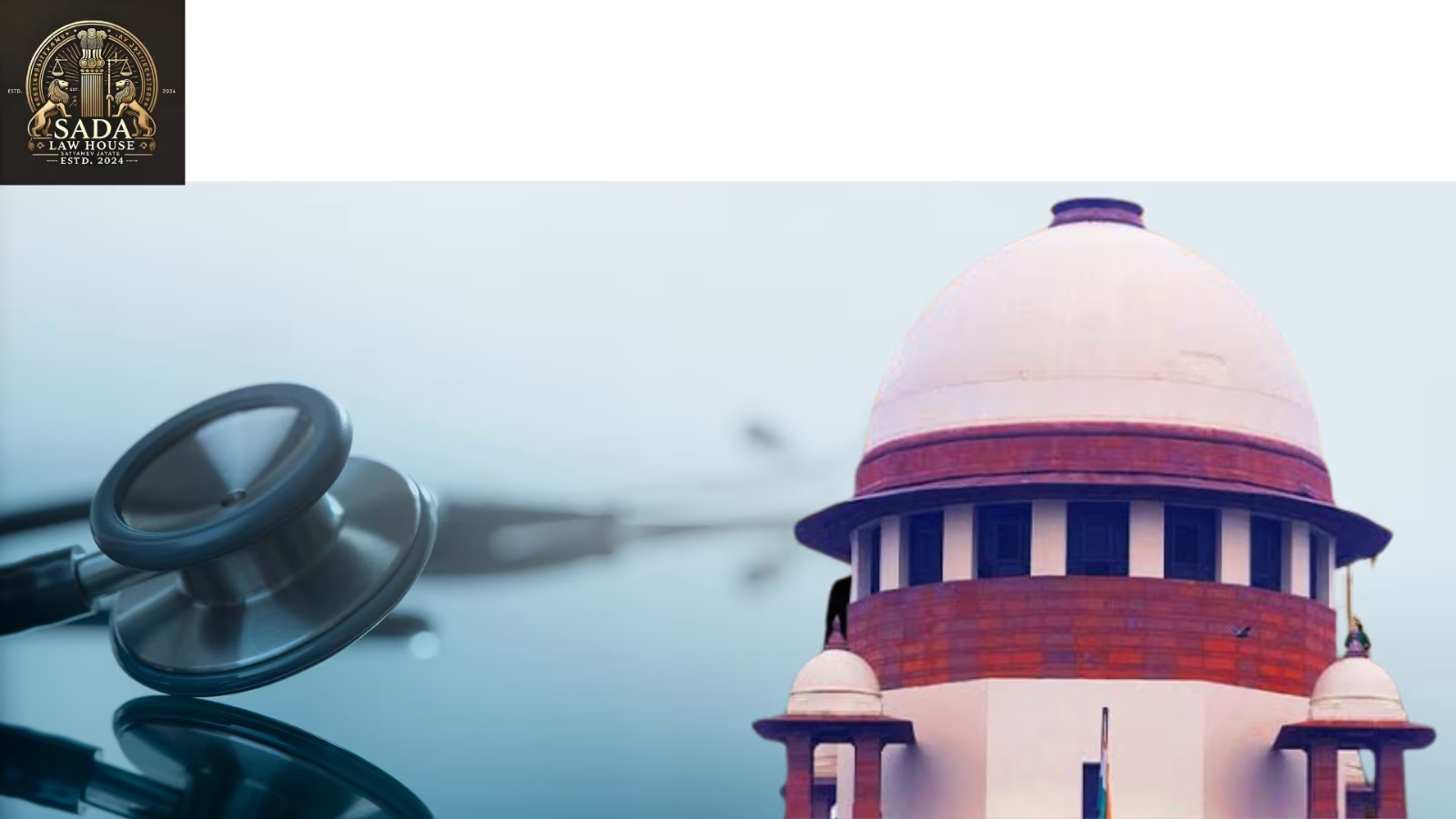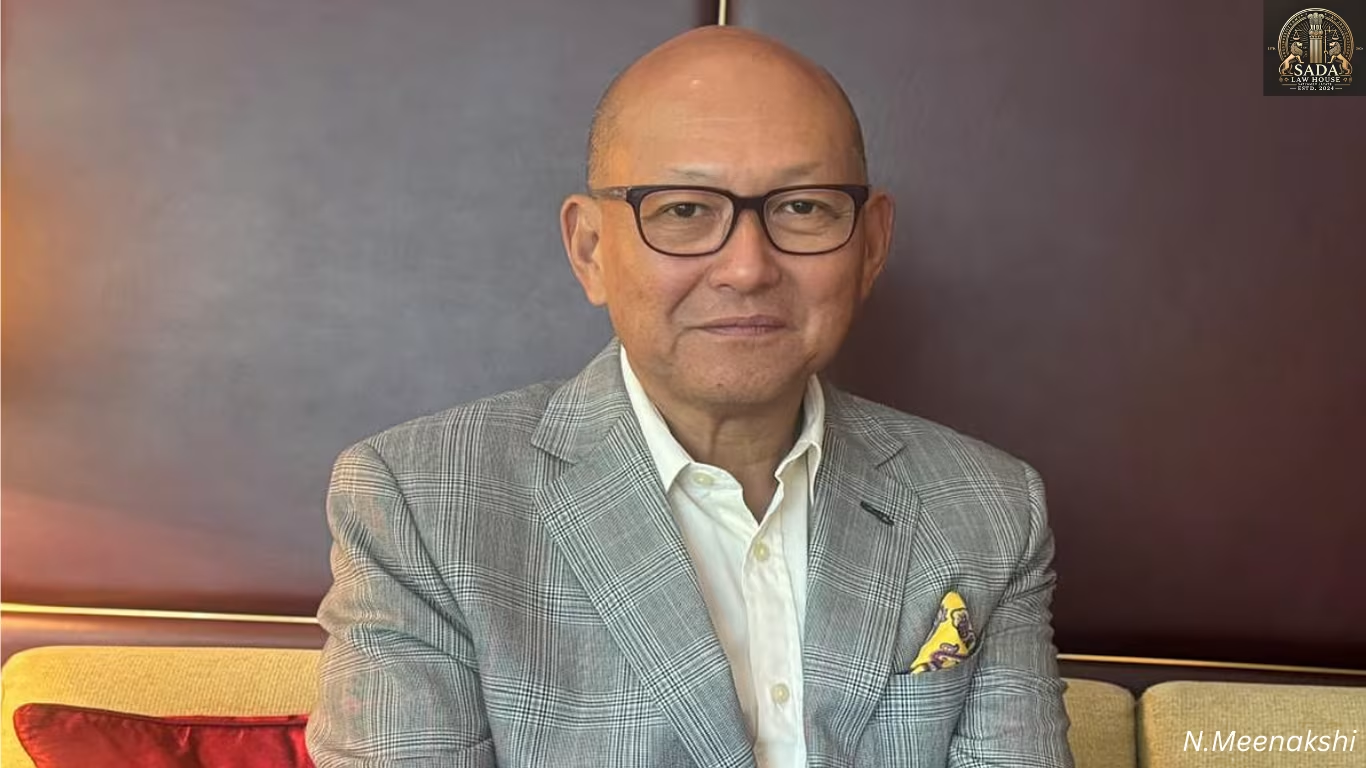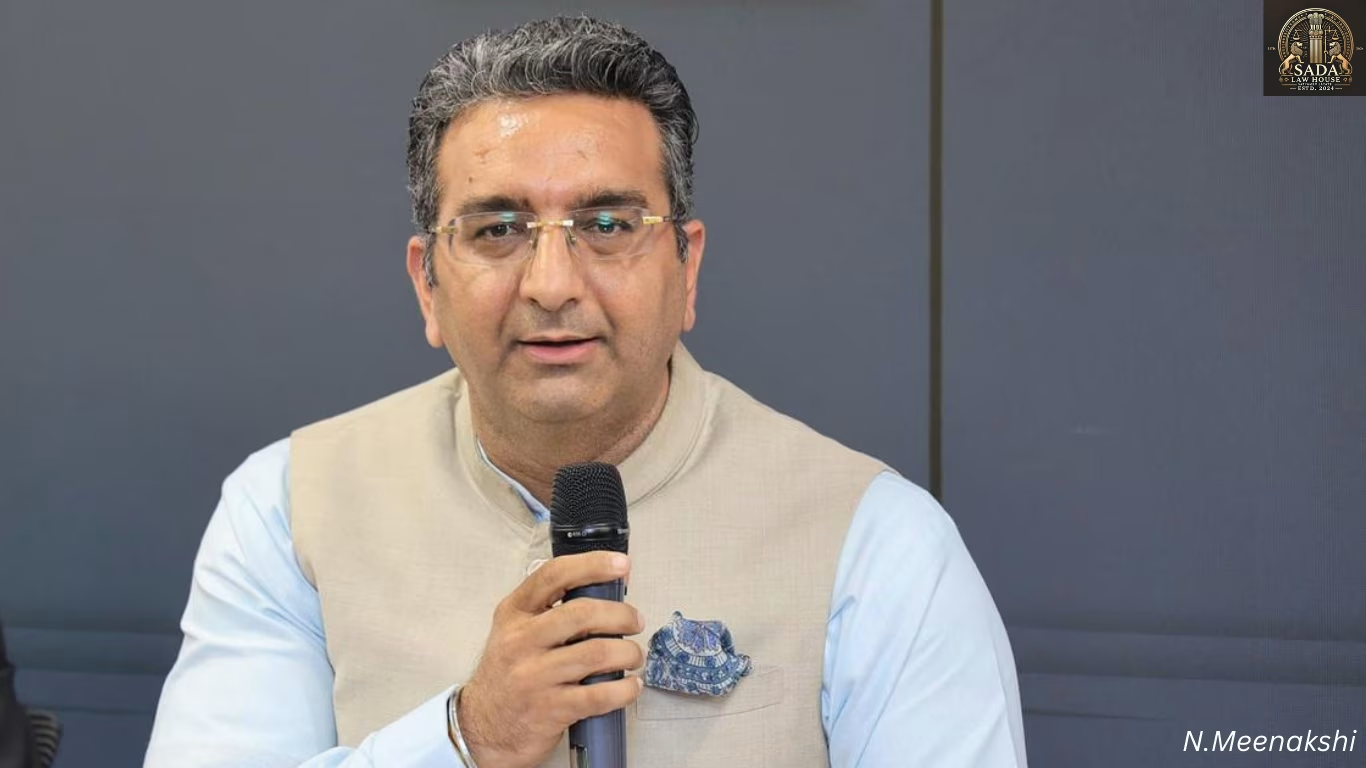Supreme Court Pulls Up Centre and States Over Faulty Public Health Infrastructure — A Wake-Up Call for Healthcare Accountability
- Kashish Jahan
- 29 JULY 2025

The Supreme Court has slammed the Centre and States for failing to fix India’s crumbling rural healthcare system. With sharp deadlines and accountability demands, the judiciary may force long-overdue public health reforms.
Healthcare Infrastructure Under Judicial Scrutiny
On 26 July 2025, the Supreme Court of India voiced strong concern over the deteriorating state of rural healthcare infrastructure in the country. The focus was primarily on the failing conditions of Primary Health Centres (PHCs) and Community Health Centres (CHCs).
A bench led by Justice R.K. Sharma declared that the right to health under Article 21 of the Indian Constitution is meaningless if the infrastructure remains underfunded, understaffed, and overlooked by authorities.
Data Speaks Louder Than Promises
This judicial intervention stems from a Public Interest Litigation (PIL) filed by several health rights groups. The petition cited shocking statistics:
Over 40% of PHCs lack specialists or have non-functional operation theatres
Numerous CHCs are missing essential medicines and diagnostic tools
Despite National Health Mission (NHM) mandates and repeated court directions, compliance remains weak, especially in tribal and hilly districts
Court Calls Out Systemic Failures
Justice Sharma firmly reminded both State and Central governments that ailing communities cannot afford bureaucratic delays or endless policy reviews. He criticised the constant justification of funding delays and staff shortages as unacceptable.
Importantly, the Bench made it clear that inadequate healthcare in state-run facilities, including prisons and protective homes, cannot be excused under the pretext of administrative constraints.
Sharpened Orders for Action
To restore accountability, the Court directed all States and the Union Ministry of Health and Family Welfare to submit a comprehensive report within three weeks, including:
1. District-Wise Infrastructure Status
Number and condition of PHCs and CHCs
Vacant medical posts
Availability of medical equipment and facilities
2. Budget Utilisation Data
Expenditure reports for the last three years
Details on fund allocation and actual disbursal
3. Corrective Action Plans
Specific timelines for upgrades
Appointed accountability officers for every region
Toward Constitutional Healthcare
According to legal and healthcare experts, India’s public health obligations stem from both its constitutional guarantees and international human rights treaties, such as the International Covenant on Economic, Social and Cultural Rights (ICESCR), which recognises health as a fundamental human right.
This Supreme Court hearing could become a policy-shifting moment—forcing states and central agencies to move from promises to action, especially in long-neglected rural and tribal regions.
Live Cases






